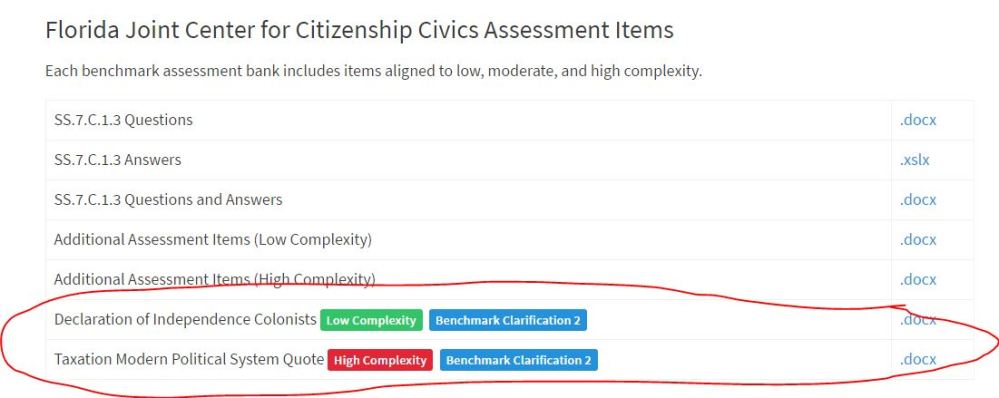This essay was published in Patterns of Commoning, which is now online for free at www.Patternsofcommoning.org.
By Véronique Rioufol and Sjoerd Wartena
A feeling of joy and achievement runs through the group of ten people gathered in Robert’s kitchen. After three years of planning, they have come to celebrate: Ingrid and Fabien will soon be able to settle down and develop their farming business. The farm is theirs!
In this small, pastoral village of the French Pre-Alps, establishing young farmers is an act of will. Everywhere, small mountain farms are closing down; work is hard and the business not deemed profitable enough. When aging farmers retire, they do not find a successor. The best land is sometimes sold off to one of the few more or less industrialized farms that remain. Overall, villages are progressively abandoned or become havens of secondary residences.
In Saint Dizier, a small village of thirty-five inhabitants, local people have decided differently. Municipality members, local residents and farmers have decided to preserve agriculture as a component of local economic activity and lifestyle. They also view farmers as young, permanent residents for the village. So they keep an eye on land put for sale, and have contacted farmers and landowners to learn their plans for the future. The municipal council has sought public subsidies to acquire farmland and rent it to young farmers, but with no success.
In 2006, villagers started to work with Terre de Liens, a recently established civil society organization focused on securing land access for agroecological farmers. Everywhere in France, high land prices and intense competition for farmland and buildings have become a major obstacle for young farmers. Obstacles are even higher for those doing organic agriculture, direct sales or other “alternative” forms of agriculture, which usually are not deemed profitable enough by banks or worthy of public policy support.



